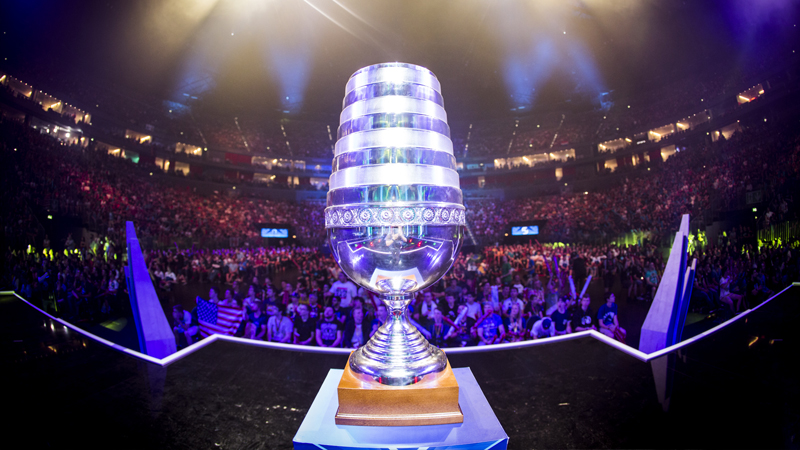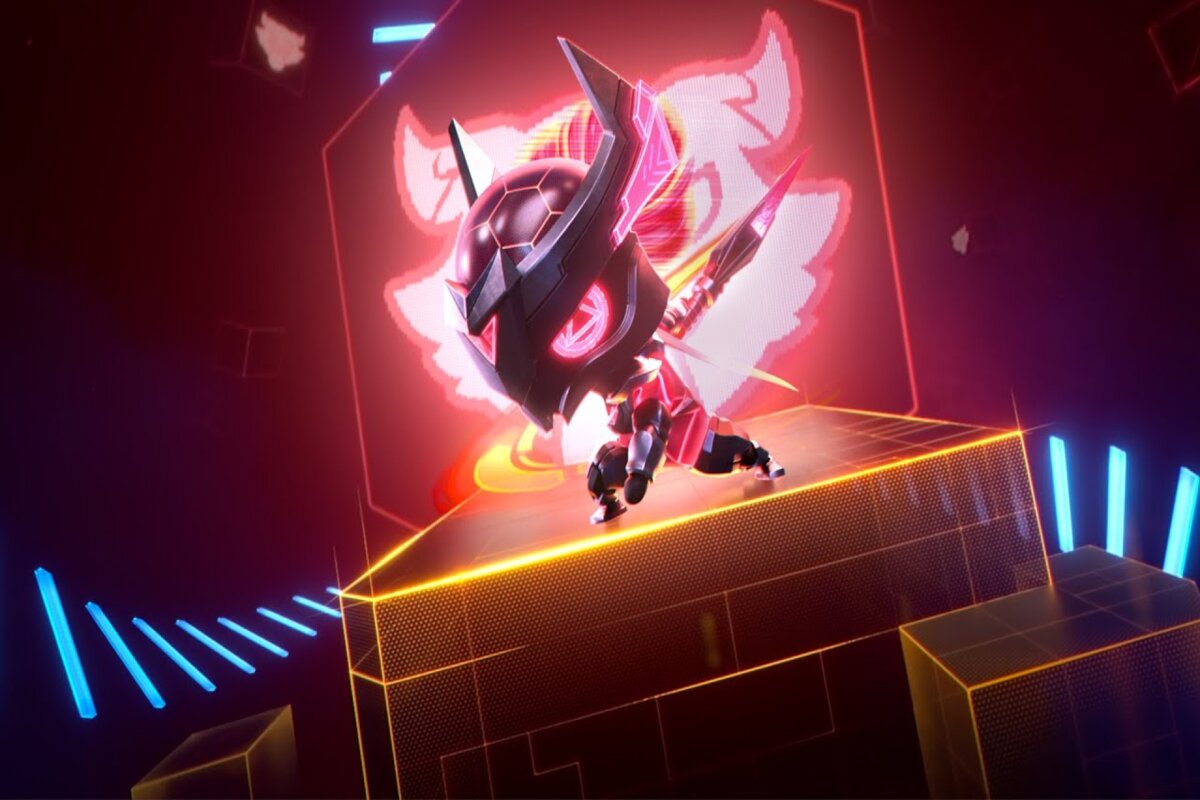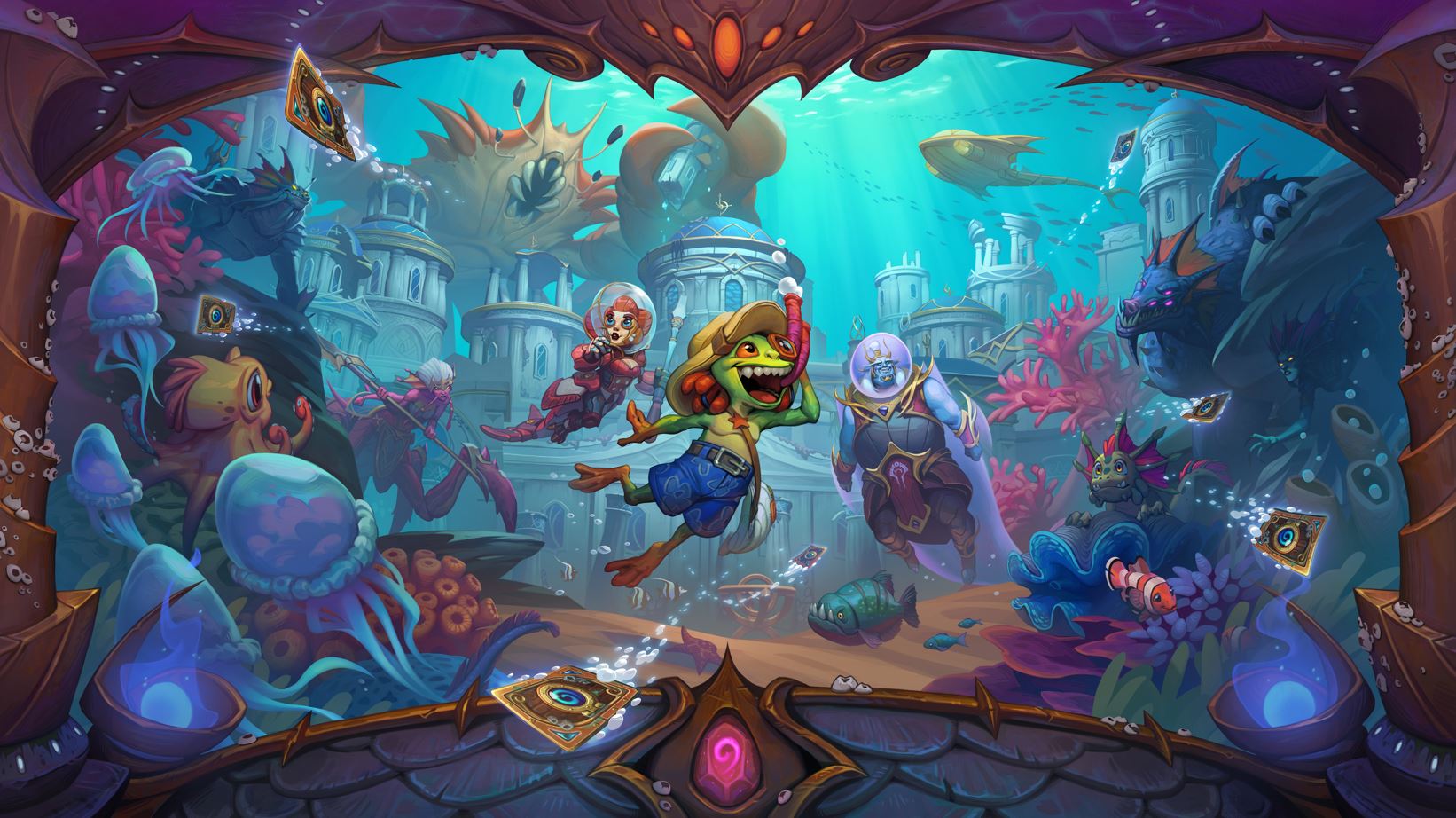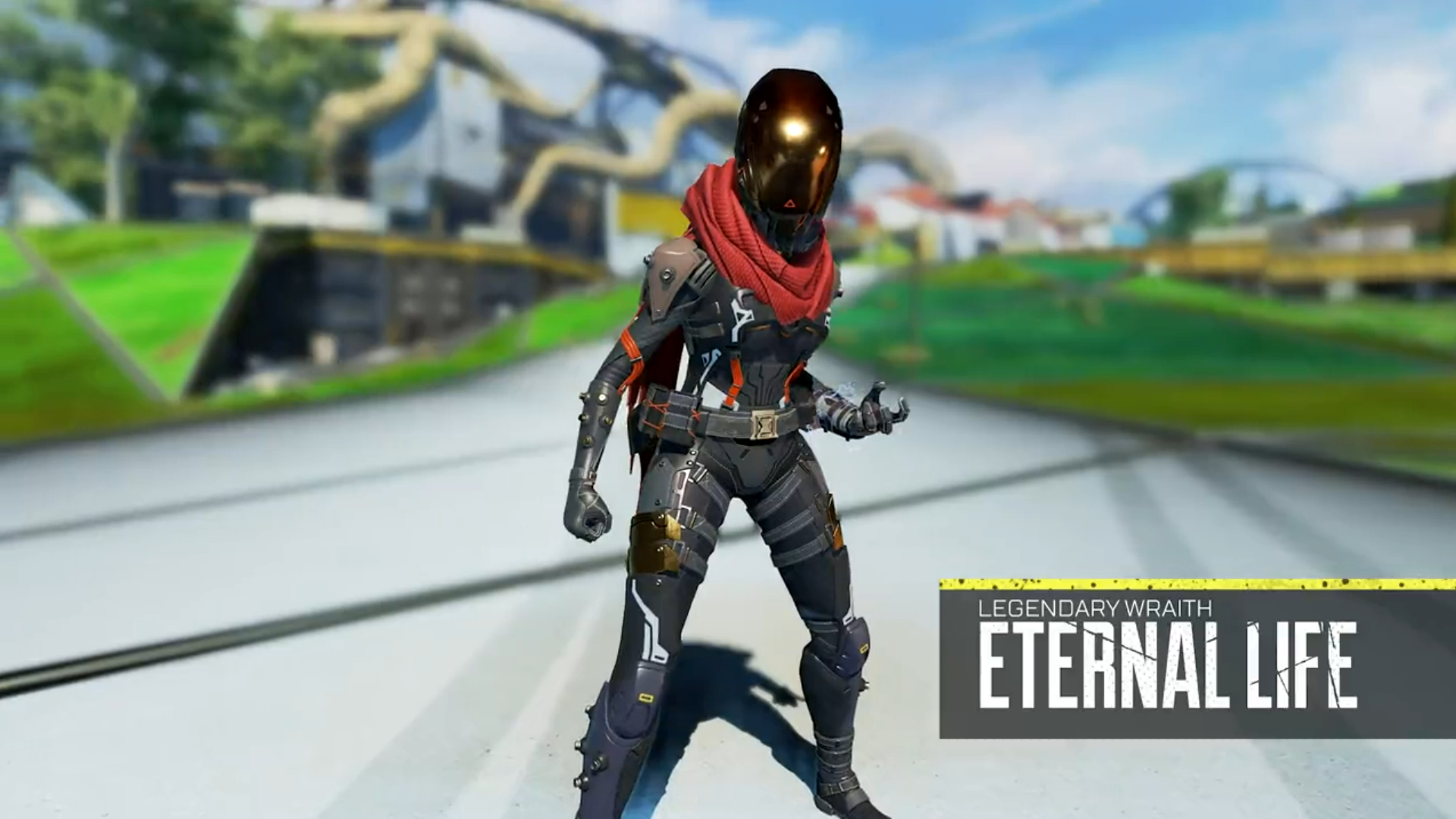Mục Lục
Why ESL and FACEIT merging under new ownership is a big deal
January 25, 2022
Filip Kicurovski
ESL Gaming and FACEIT being acquired by the Savvy Gaming Group is the big news of the day. The Saudi Arabian Public Investment Fund coughed up nearly $1.5B in an acquisition that will create the biggest tournament organizer on the planet by a huge margin.
As is usual, plenty of “experts” came out of the woodwork to criticize or land their opinions about the deal. Some even called for Valve and other developers to drop support for the games that ESL features tournaments for.
What is the fuss all about?
Savvy Gaming Group acquires ESL and FACEIT
Modern Times Group (MTG) decided to sell off ESL Gaming (DreamHack, ESEA) to Savvy Gaming Group. FACEIT was also acquired by the same group, practically merging the esports event organizing giants into one big happy family. The deal is expected to come through by the end Q2 2022.
ESL was the biggest tournament organizer by far even before the merger. Now, they have practically monopolized most third-party organized esports competitions. Competitors like: BLAST Premier, WePlay, EPICENTER, BTS, Eden Esports, Starladder, Relog and others account for less than a fifth of all other third-party organized competitions. – Plenty of competition is organized by game developers themselves, but third-party events are now almost fully dominated by ESL.
The deal promises lofty goals in return. Further expansion of esport ecosystems scope and scale with a focus on talent development pipelines, regional development and more robust anti-cheating prevention systems.
While all this sounds like a positive thing, the comments in response to the announcement were downright paranoid.
Who are Savvy Gaming Group?
Savvy Gaming Group (SGG) is backed by the Public Investment Fund (PIF) of Saudi Arabia, currently one of the largest funds in the world with $480 billion in assets.
SGG is led by Brian Ward, an industry veteran with previous postings at Activision, EA and Microsoft. The group also has two arms for expanding the esports ecosystem and infrastructure chaired by Kadri Harma and Jerry Gamez, who are both industry veterans in their own rights.
What is the problem here?
The main issue people are finding with the acquisition is where the money that SGG uses are coming from. The PIF backing the deal is somehow problematic for people, because its being backed by Saudi Arabia.
This same fund has recently backed the acquisition of Newcastle United FC and has invested in companies like Boeing, Starbucks, Facebook, Disney and Uber. They are rumored to be also in talks to acquire football clubs Marseille and Inter Milan later this year, and also invest into other sports ventures. It is essentially Saudi Arabia’s investment portfolio on display. Additionally, neither PIF nor SGG will not directly be involved with any operations at ESL/FACEIT as most of the leadership structure and operations remain intact.
Similar type of public pressure over an esports deal was exerted over a year ago, when NEOM partnered with BLAST Premier and LEC. Back then both Riot Games and BLAST quickly cut ties with NEOM and buried the deal. This time around we are facing an acquisition so backing down or Twitter mobbing wont be as easy.
ESL & FACEIT Looking Forward
The deal will likely go trough without a hitch and the Twitter mob will dissipate in a few days. We can definitely expect a closer focus on esports development in the MENA region, and potentially a revival of the NEOM esports initiative, but this time in partnership with SGG. Once that goes through even more organizers will likely partner up as well. Both CEOs of ESL and FACEIT seemed optimistic in the official press release, and praised the added funding and ability to expand their scope of operations.
I hope we finally get to see a fully established scene in the whole of Africa and the Middle East, and esports can truly become a global phenomenon. Hopefully with all this cashflow coming their way, ESL & FACEIT can make it happen.














